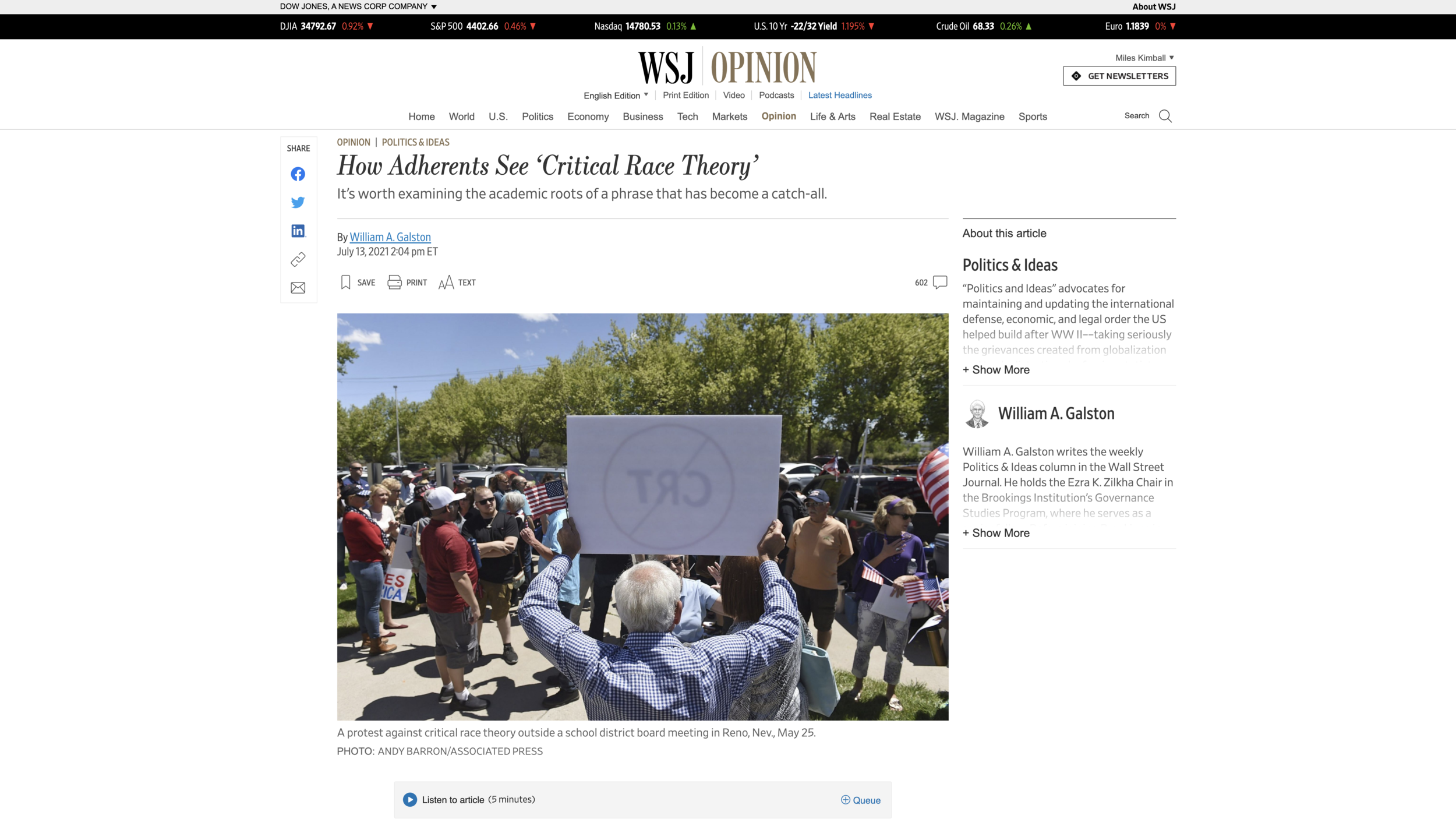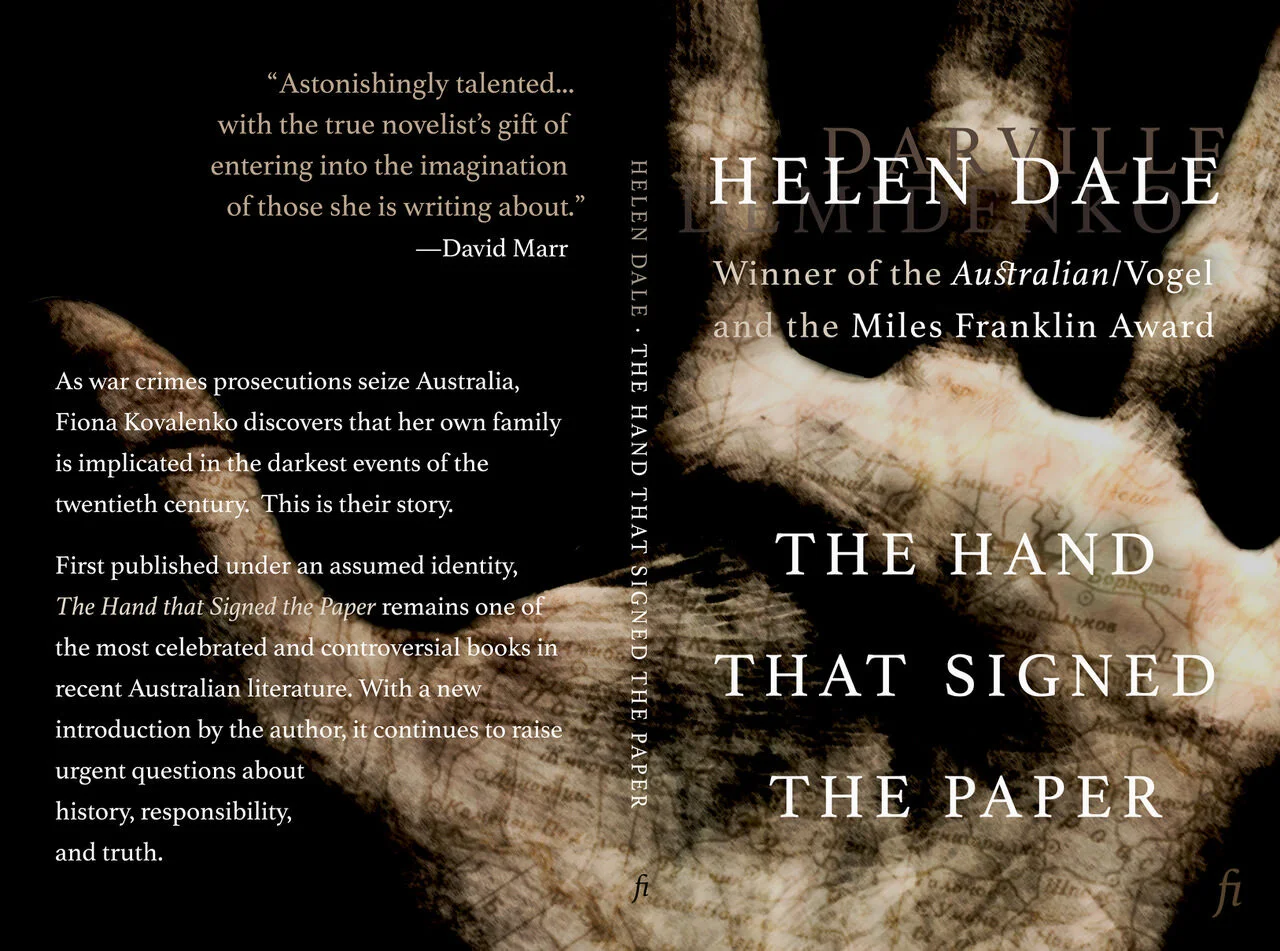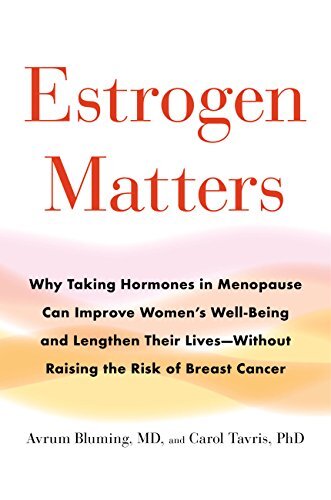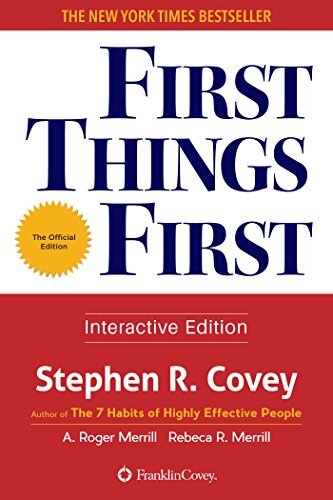I argue in “The Right Amount of Wokeness” and “Getting the Best from Wokeness by Having the Right Mean, Reducing the Variance and Mitigating the Losses from Extreme Values” that shifting the mean of the wokeness distribution toward greater wokeness would be a good thing because the horrors currently arising from too little wokeness are more terrible than the horrors currently arising from too much wokeness. Overall, I think an increase in wokeness is in order. If it went too far, that would be bad, but unlike those on the Right, I think the probability that extremes of wokeness will take over is relatively small.
But let there be no mistake: extremes of wokeness would be bad. It is only because I believe the majority of Americans will see how bad those extremes are that I don’t worry too much about extremes of wokeness taking over.
Though not a clear and present danger to America as a whole, extremes of wokeness are not a figment of the imagination either. They are clearly evident in important pockets of American universities and in a few other places in American culture.
On problem with Critical Race Theory is the same as the problem with many enthusiasms: it focuses on one things to the exclusion of other things that are also important. In his July 19, 2021 Wall Street Journal op-ed, Lance Morrow reminds of Isaiah Berlin’s distinction between “foxes” and “hedgehogs”:
In a famous essay, published as a book in 1953, Berlin suggested that the world is divided between hedgehogs and foxes—between those who believe in One Big Thing (one all-sufficient super-explanation), and those who are content with a more modest, irrational and even incoherent idea of history’s unfolding.
Then, Lance applies this distinction to describe Critical Race Theorists:
Hedgehogs are thick on the ground, all of them advancing One Big Thing or another—each peering through the lens of a particular obsession. At the moment, the biggest One Big Thing is race—the key, it seems, to all of America, to the innermost meanings of the country and its history.
It isn’t really true. Race is one of many big things in America. It is hardly the most important. Americans need to desanctify the subject of race—to mute its claims, which have grown absolutist and, as it were, theological in their thoroughness, their dogmatism.
Then Lance compares those who use Critical Race Theory to take wokeness to the extreme to Joe McCarthy:
It was said in the era of Joe McCarthy that he and his followers saw a communist under every bed. The single-minded ideology of critical race theory sees racism in every white face—a racism systemic, pervasive, inescapable, damning. All white people are racists. The doctrine devolves to the crudest form of what might be called racial Calvinism: Americans are predestined—saved or damned, depending on the color of their skin. This doctrine merely reverses the theory of white supremacy, which damned black people—and consigned them to oppressive segregation—because of the color of their skin.
In “How Adherents See ‘Critical Race Theory’” (July 13, 2021) and “A Deeper Look at Critical Race Theory” (July 20, 2021), William Galston provides more detail about Critical Race Theory. Small doses of Critical Race Theory likely have quite a good effect, but large enough doses could be corrosive of what the human race has laboriously built to protect itself from a war of all against all. In the first of those two op-eds, William writes:
… critical race theory is … originated in law schools in the 1970s and has since become a sprawling movement. To find out more about it, I turned to “Critical Race Theory: An Introduction,” co-written by one of the movement’s founders, Richard Delgado. He writes that critical race theory “questions the very foundations of the liberal order, including equality theory, legal reasoning, Enlightenment rationalism, and neutral principles of constitutional law.
He also points out that that Critical Race Theory says explicitly that “Incrementalism is a bankrupt strategy; ‘everything must change at once.’”
In the second of the two op-eds, William Galston gives some bullet points about Critical Race Theory. Giving my own selection from those points in a numbered list, here are some quotations:
Critical race theory denies the possibility of objectivity.
it aims to “recover and revitalize the radical tradition of race-consciousness,” a tradition “that was discarded when integration, assimilation and the ideal of colorblindness became the official norms of racial enlightenment.”
Critical race theory rejects the principle of equality of opportunity. Its adherents insist that equality of opportunity is a myth, not a reality, in today’s America, and that those who pursue it are misguided. The real goal is equality of results, measured by black share of income, wealth and social standing. Critical race theorists reject the idea that sought-after goods should be distributed through systems that evaluate and reward “merit.”
[Critical Race Theory argues that] “conceptions of merit function not as a neutral basis for distributing resources and opportunity, but rather as a repository of hidden, race-specific preferences for those who have the power to determine the meaning and consequences of ‘merit.’”
The typical American notion of “merit” is quite shallow. (I address this a bit in “Virtues for Economists.”) But that doesn’t mean we can get by without some notion of merit. To get outcomes we want, we need what Jordan Peterson calls “hierarchies of competence.”
The need for hierarchies of competence is matched by our need for police as well. It is hard for me to tell just how literally various people took the slogan “Defund the police.” With enough creativity and poetic license, it might be possible to come up with some meaning for that slogan that is actually a good idea. But anything close to the literal meaning is a very bad idea.
Indeed, one of the more dependable approaches to making policing less racist—only hiring people into the police force who have college degrees—would cost significantly more money. Note how this would use the wokeness of colleges and universities to good effect. Without taking things to extremes, we definitely want our police to be at least somewhat more woke than they are. Requiring college degrees for new police can help achieve that goal.
No doubt many of the pillars of our civilization have been corrupted by racism. But simply discarding those pillars would bring the whole edifice crashing down. We need to:
reform our judgements to be more objective;
become more truly and deeply colorblind, while recognizing whatever burdens people bring from their backgrounds and the strengths it took to deal with those burdens well;
provide more equality of opportunity by providing more slots in charter schools and allowing construction of more housing in heretefore exclusionary neighborhoods;
deepen our notions of merit; and
more thoroughly recognize the temptations and corruptions of power. What we shouldn’t do is totally abandon the hacks we have used to raise ourselves up from where we were as a species 500 years ago.
One of the most important lessons of history is how unimaginably bad things used to be. The human race has endured and perpetrated many evils on its own for thousands of years. To take one very important example, if one takes the entirety of human history since the rise of agriculture, the (still not 100% complete) abolition of slavery in the last century or two stands out as the exception, while slavery as an institution was the rule. We have made progress by abolishing slavery. That progress depended crucially on the pillars of our civilization that Critical Race Theory evinces too little appreciation for.

















